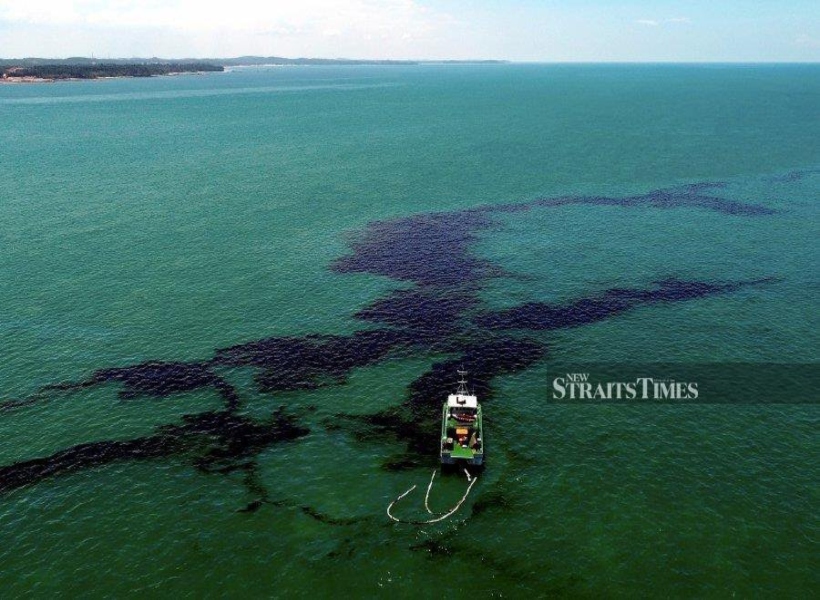As Guyana gears for first oil, Guyanese can expect a “better than minimum” oil spill response plan, says Natural Resources Minister Raphael Trotman.
The minister is banking on the leadership of persons in key institutions such as the Environmental Protection Agency (EPA), the Department of Energy (DOE), the Civil Defence Commission (CDC), and the Maritime Administration Department (MARAD), who will be part of monitoring the developments to ensure that Guyana has a proper response mechanism in place.
“I am confident – having been involved – that these agencies and the leadership of these agencies will prepare us sufficiently. I believe everyone expects a plan that is going to be in place to respond to any kind of eventuality, but I am confident that we will have a better than minimum plan when production starts,” he said.
Trotman noted that while persons have a right to be “agitated” that disaster can strike, they must trust that a plan will be in place. He made reference to the training taking place abroad where Guyanese are being able to tap into the expertise of countries to better aid them in responding to oil spills.
“I know we have had intense training. It’s ongoing. I know that the U.S. Coastguard continues to train Guyanese. Guyanese have been going to the U.S. and elsewhere on a regular basis for training in oil spill responses…The companies have also been doing their part.”
The minister said too that international agencies are also aiding Guyana in crafting the plan. This, Trotman believes, will give Guyana an advantage to produce a well-rounded response mechanism.
“So, the plan is multifaceted; it has layers…The response is not going to be just a few people out of Thomas Lands from the CDC or EPA responding in some long boots,” he said.
On September 4 this year, Guyana’s National Oil Spill Response Contingency Plan was 90 percent complete. In an interview with the Department of Public Information (DPI), Director General of the CDC, Lieutenant Colonel Kester Craig explained that the planning, drafting of the plan was done by local agencies with some technical advice from international bodies. Broader stakeholder consultation is expected to be held next month.













